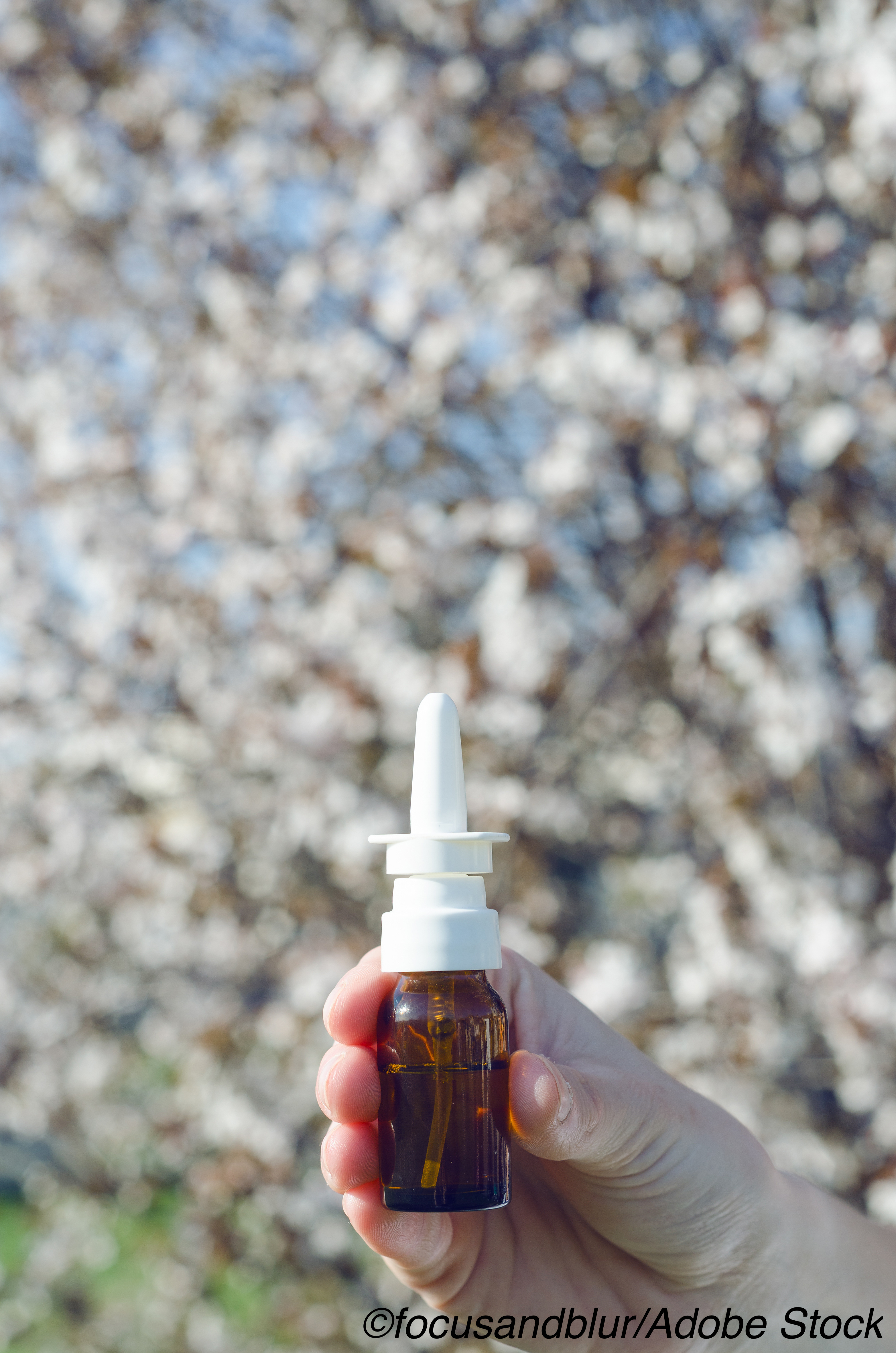
Lisa Caulley, MD, MPH, The Ottawa Hospital, University of Ottawa, Ottawa, Ontario, and colleagues found that the use of placebo — or non-medicated control substances such as saline irrigation or nasal spray diluents — is associated with limited improvements in the 22-item Sinonasal Outcome Test (SNOT-22) and nasal obstruction scores.
Their study was published in JAMA Otolaryngology–Head & Neck Surgery.
As pointed out by the researchers, a basic principle of all randomized clinical trials is that researchers are able to evaluate the efficacy and safety of a drug against a placebo (non-medicated control). And, while some patients in these trials receive the placebo, they still derive some benefit — identified as a placebo effect — and the question of whether non-medicated controls or sham interventions have a quantitative effect in the treatment of diseases remains an open question.
Chronic rhinosinusitis (CRS) is a long-term sinus disease that affects a significant percentage of the population (up to 1 in 10 adults in the United Kingdom). However, Caulley and colleagues noted that there have been few randomized control trials in this area and treatment guidelines rely on uncontrolled observational studies.
Furthermore, “no studies have quantified the effect of non-medicated control substances on signs and symptoms of CRS,” Caulley and colleagues observed. “An understanding of the size of the effect of non-medicated controls on symptom relief will allow observational studies to be better interpreted and will help inform treatment choices.”
They noted: “To our knowledge, this study is the first systematic review and meta-analysis of the association of non-medicated control substances and sham interventions with patient-reported and observed outcomes in CRS. The measurable benefits and harms of non-medicated control substances in this review highlight the importance of RCTs to accurately estimate the effect of interventions and underscores the need to exercise caution in interpreting noncontrolled observational studies.”
The study authors conducted a systematic review and meta-analysis using the Cochrane Library of Systematic Reviews, Ovid MEDLINE, Embase, PubMed, and ClinicalTrials.gov databases to find trials with a pre-intervention and post-intervention design for chronic rhinosinusitis. They found 38 studies that met the criteria for the meta-analysis.
These 38 studies included 2,258 adults who had been randomized to receive non-medicated control substances or sham interventions. The main outcomes of this analysis were the association of non-medicated control substances with SNOT-22 scores, or nasal symptom scores in cases where SNOT-22 scores weren’t available.
Caulley and colleagues found that eight studies reported on the effect of non-medicated control substances on SNOT-22 scores and that non-medical controls were associated with a significant improvement in quality of life as reflected in SNOT-22 scores (MD, −6.21; 95% CI, −9.91 to −2.50).
Of those eight trials, five trials used topical controls, two trials used oral controls, and one used both. The pooled results from the five trials using topical controls showed a significant benefit (MD, −8.81; 95% CI, −12.60 to −5.03), unlike the oral controls (MD, −1.94; 95% CI, −5.75 to 1.87).
A subgroup analysis of topical therapies (limited to saline irrigation and nasal spray diluents) showed they were more effective in lowering SNOT-22 scores (MD, −11.45; 95% CI, −13.50 to −9.41) compared with saline irrigation (MD, −13.60; 95% CI, −19.95 to −7.25).
Non-medicated control substances were associated with a significant reduction in nasal obstruction scores, but they were not associated with significant reductions in rhinorrhea scores, postnasal drip scores, facial pain scores, or loss of smell scores.
In a commentary accompanying the study, Ahmad R. Sedaghat, MD, PhD, and Katie M. Phillips, MD, Department of Otolaryngology–Head and Neck Surgery, University of Cincinnati College of Medicine, Cincinnati, wrote that the findings of Caulley and colleagues lead to these conclusions:
- Non-therapeutic oral control medications — the only true placebos that were included in this study — were not significantly associated with chronic rhinosinusitis outcomes.
- Non-medicated intranasal solutions—such as those consisting of saline or spray diluent and known therapeutic benefit—when used as controls were associated with a modest improvement in CRS outcomes.
The availability of new medical treatments for CRS means the need for methodologically sound, controlled randomized clinical trials “has never been greater,” wrote Sedaghat and Phillips. Level 1 evidence is needed to reliably inform clinical decision making, they added, which means the choice of controls must be based on sound reasoning and ethical considerations.
“This work by Caulley et al highlights the current status of controls in CRS clinical trials and provides an opportunity to learn from the current literature to better design control trials moving forward,” they wrote.
-
The use of nonmedicated control substances in randomized clinical trials of chronic rhinosinusitis outcomes suggests these substances are associated with limited improvements in SNOT-22 and nasal obstruction scores.
-
Be aware that while non-medicated control substances were associated with a significant reduction in nasal obstruction scores, they were not associated with significant reductions in rhinorrhea scores, postnasal drip scores, facial pain scores, or loss of smell scores.
Michael Bassett, Contributing Writer, BreakingMED™
The study authors and editorialists did not disclose any relevant relationships.
Cat ID: 99
Topic ID: 80,99,99,192,195,925

